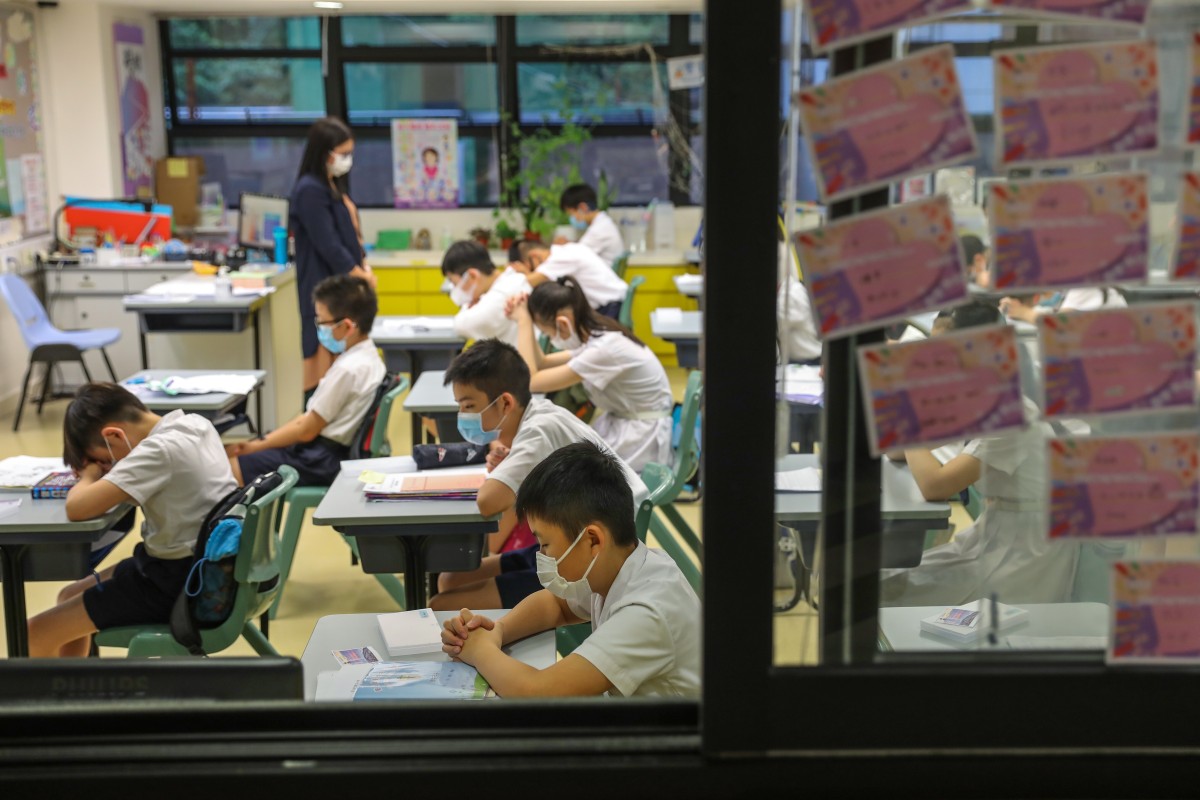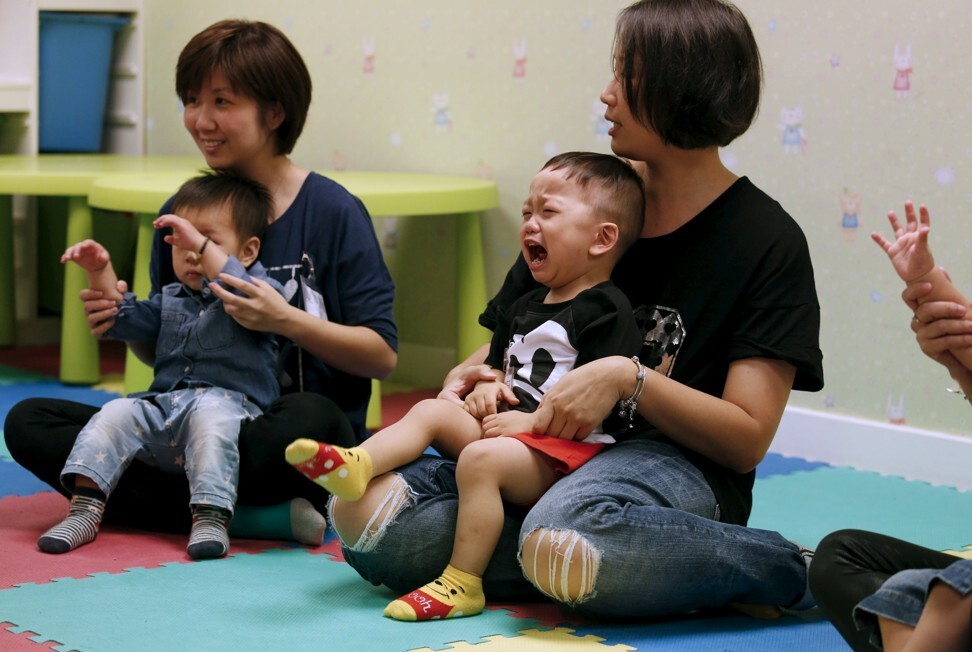.HESI Special Event: Where Next? Reimagining Further Education for the Future
The SDG Academy
On July 8, 2020, the Higher Education Sustainability Initiative (HESI) hosted this special event alongside the United Nations ...
transcript extract 80.40 president arizona state uni, with covid and other www community crises, we are where we are, not only because of politics and capitalism, but at the root of it all is us the universities- we are universally inadequate to what lies ahead in terms of the future of our species and our relationship to our beautiful planet which we are all dependent on -let me outline 5 inadequacies
1 we are inadequate in terms of our self-awareness- institutions of higher edu nof the net outcome of our design – why do we have business schools that are teaching economic models that are working against our own in sustainability, why do we have a lack of communication between chemists and biologists and economists and engineers and philosophers and historians and everyone else -82:33
inadequate. We are wholly, universally inadequate to
82:38 what lies ahead in terms of the future of our species and our relationship with 82:42
this beautiful planet that we're all dependent on it. Let me outline five
82:47 arguments for that. First, I think that we're inadequate in terms of our
82:52 self-awareness, as an institution of higher education or as institutions of 82:56 higher education, of the net outcome of our design. Why do we have business 83:00 schools teaching economic models that are in fact working against our own 83:06 sustainability? Why do we have a lack of communication between chemists 83:13and biologists and economists and engineers and philosophers and 83:18 historians and everyone else who sit inside university environments arguing 83:24 with each other in ways that are not just about intellectual development but 83:28 are in some ways inane? And so we have never thought ourselves, 83:35 we've never been adequately focused on our own self-awareness to understand 83:41
that in fact our highly disciplinary design, as Jeff Sachs indicated, our
83:46 highly structured way of doing things, our way in which theories evolve, our 83:50 ways in which faculty are recognized, the ways in which knowledge is advanced, the 83:55 net outcome of all of that is exactly where we are in terms of a non- sustainable trajectory,83:59 the non-sustainable trajectory that we're on is 84:03 a product of us. Point number one. Point number two: that same university 84:10 enterprise, that same higher education enterprise, is inadequate in terms 84:15 of its production of systems-level tools. We're an observer. We're obsessed with 84:22
reductionism. We're obsessed with the belief that somehow if we can only
84:26 understand everything down to the atomic scale, if we could only understand 84:31 everything at the genetic and sub-genetic mechanism, that somehow we would 84:37 be able to find the solution to all things. And so the answer is, no,84:41 reductionism is not the method by which we will gain an understanding of the 84:46 interconnectedness of the systems of the planet and the role of humans. It's only 84:50 through our ability to emerge systems-level thinking of equal 84:55 intellectual stature and of equal intellectual value. Third, our 85:01 universities and our higher education systems in the United States and in 85:05 other parts of the world are completely inadequate in terms of their 85:08 intellectual diversification, their cultural diversification, their socioeconomic diversification,85:13 their lack of recognition of indigenous cultures and
85:18 indigenous knowledge, the dismissal of entire cultural paradigms, all around 85:26 this notion of somehow there being one path and one trajectory and one route 85:31 forward. Well, there isn't. And this lack of diversification, lack of women in 85:37 science, technology, engineering, and math, lack of cultural diversification at 85:43 universities which actually is accelerating not decelerating. That 85:47 lack of diversification is accelerating if you look around the world, is in fact 85:52 limiting our overall intellectual contribution. We have a narrower and 85:57
narrower intellectual contribution ,not a broader and broader intellectual
86:01 contribution. So that's the third factor that I think is a key part of the design 86:06 limits. I think forth, and I would probably rank 86:10 this actually first, universities really don't care as institutions about much of
86:14 anything. They care about bringing in faculty. They care about hiring faculty.86:19They care about having students. They care about their budgets. They care about 86:23 arguing with the government to get more money. But they don't really care 86:26 about sustainable outcomes as an institution. They do not take activist 86:32 positions, intellectual activist positions, as Jeff has built his career 86:36 around, and some of the rest of us have been fighting for decades. We just 86:40 sit back and say, "Well, we did what we could do. We educated the people we could 86:43 educate. We put out the theories that we could put out, and
86:46 we're really sorry that the politicians are too stupid or or too 86:51
lazy or businesses are too greedy or too selfish." And so this notion of not taking 86:57 some sense of responsibility, we don't realize that it is in fact our own lack 87:03 of transdisciplinary capability, our own lack of adequate, our own lack of 87:09 diversification. It's our own lack of systems-level thinking, it's our own 87:13 obsession with reductionism that actually has brought us to this point. So 87:18 when we look out and we're concerned about rapidly rising CO2 levels or we're 87:21 concerned about the overwhelming human consumption, and a manifestly negative
87:28 overwhelming consumption of fresh water, or the elimination of the entire fishing 87:33 stock or conservation disruptions on a global 87:37
scale of geological time, we don't realize that that we're responsible for
87:43 that. If you take response—if you know you've contributed to something and it's not87:47going well, if you're a responsible person or a responsible institution, you 87:51 change what you're doing. We don't have much change in what we're doing.87:54 Fifth on my list is, universities are archaic, at least in the European model, 88:01 archaic, slow, non-adaptable, non-technologically sophisticated 88:05 institutions. We're not moving at the speed of climate change. We're not moving
88:11at the speed of complexity, of complexification. We're too slow. We have 88:17no sense of time. We might argue about something for 15 years and in the same 88:22 15 years the Ross Ice Shelf cracked off of Antarctica and led to some 88:27 massive change in the in the ocean circulation cycle and thus impacting 88:34 climate etcetera, etcetera. So the five points here: inadequate self-awareness,88:38 inadequate emergence of systems-level thinking, wholly inadequate 88:42 diversification of the university itself, no sense of moral duty or moral 88:46responsibility as institutions, and inadequate speed and adaptability. If we 88:51 don't change those things, there's not going to be any climate adaptation or 88:55 climate change. There's not going to be movement back towards a sustainable 88:59
trajectory because we're not producing the people, the ideas, the tools, the
89:04 mechanisms, the devices, the theories, the assumptions—the young students who 89:08 are just presenting, they get this. They understand that they enter a university 89:12 which is in fact an archaic institution,incapable of having self-awareness 89:17 relative to where we're headed. So what are we doing at my institution arizona state, we've 89:22 done everything and then some, and still it's a slow slog. We've built the Global 89:28
Futures Laboratory, the Global Institute of Sustainability. We're
89:31 dramatically lowering our carbon footprint. We have thousands and
89:34 thousands of students. We change the design of engineering. We changed parts 89:38 of the design of our business schools. We built a new school on the Future of 89:41 Innovation and Society, a new School of Sustainability, and we're still moving 89:47 too slow. And so I think the point I'd like to make to 89:50 the audience here is, let's listen to these students. They have a sense, they 89:54 have an awareness, and they are able to see immediately upon entry into our
89:59 bureaucratic institutions that we're inadequate to the assignment and we 90:06 ought to take that as a serious, serious criticism. Now let me tell you 90:09
what's happening right now. So right now, and COVID sort of expresses this, we are 90:14 largely as colleges and universities place-based institutions, driven where we 90:21think that excellence is a function of who we exclude, and this is true all over 90:24 the world, where our structure, our technology, our flexibility, our 90:29
adaptability are completely inadequate. So my message to ministers, to UN leaders,90:35 to SDSN leaders, to higher education leaders, to students, to faculty, is that 90:40 let's shake it up. It is time to shake the foundation of the universities and 90:45 have them raise their hand and say, "Yes. We want to be responsible for the 90:50 climate outcome of our planet, for our species outcome, for the 90:56 sustainability of our species." And to do that we're going to have to change 91:00 everything down to the root. So I think that's about 12 minutes and I'll 91:05 stop there.91:13
Ok. Thank you, President Crow. I like the way you framed it because this















